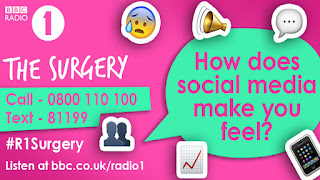radio: war of the worlds
1) What is the history and narrative behind War of the Worlds? The War of the Worlds radio play (1938) is adapted from the original War of the Worlds novel by H.G Wells (published in 1898). It is about an alien invasion and the ensuing conflict between mankind and an extraterrestrial race from Mars. The text has been frequently interpreted as a commentary on British Imperialism and Victorian fear and prejudice. Since then, several film adaptations have been made of the book, including the 2005 version starring Tom Cruise. 2) When was it first broadcast and what is the popular myth regarding the reaction from the audience? War of the Worlds was first broadcast on 30th October 1938. P opular myth has it that thousands of New Yorkers fled their homes in panic, and all across America people crowded the streets to witness for themselves the real space battle between earth and the Martians. It is often highlighted as an early example of mass hysteria caused by the media
